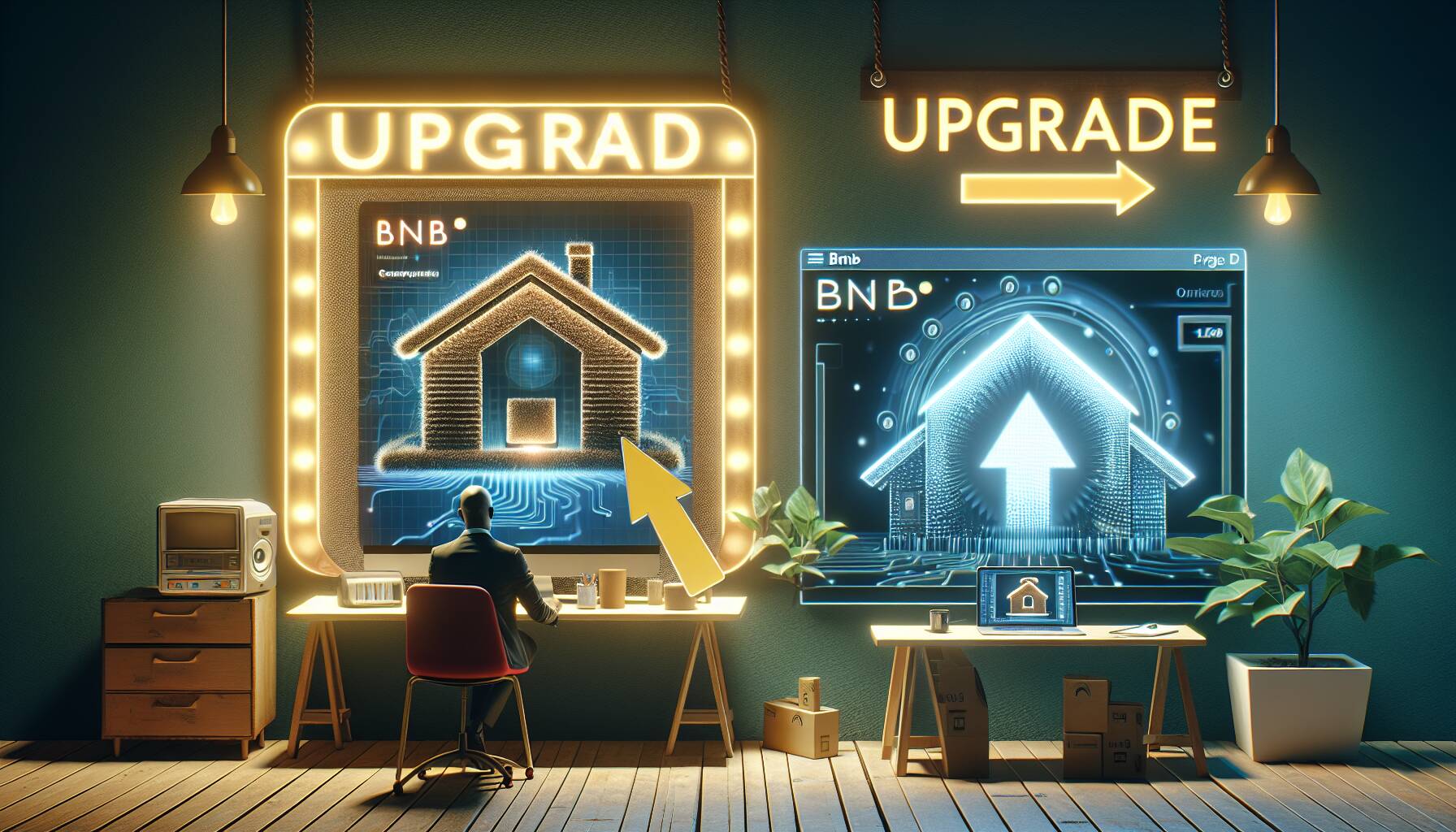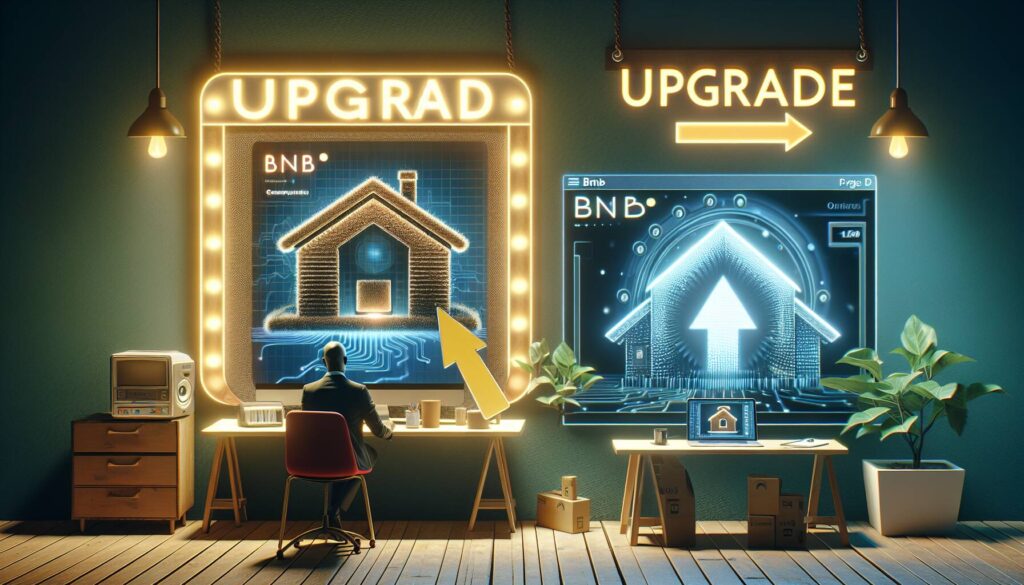In a noteworthy development within the cryptocurrency sphere, BNB has been exhibiting resilience while trading within a narrow range over the weekend. This stability comes against a backdrop of low volatility as the BNB Chain community prepares for a transformative infrastructure upgrade, highlighted in a recent report from CoinDesk Research.
The upcoming Maxwell hard fork, set for June 30, aims to significantly enhance the performance of the BNB Smart Chain (BSC) by reducing block times from 1.5 seconds to a remarkable 0.75 seconds. This improvement is anticipated to double the chain’s throughput potential, positioning BNB Chain more competitively alongside faster blockchain platforms, such as Solana.
The Maxwell upgrade builds on previous advancements like the Lorentz fork, which effectively halved block times from 3 seconds while enhancing network stability.
This ambitious upgrade is propelled by three critical protocol improvement proposals: BEP-524, BEP-563, and BEP-564. These proposals are set to revamp essential aspects of validator coordination and consensus mechanics. Notably, the modifications will empower validators to have extended block proposal turns, increasing from 500 to 1,000 blocks, which should bolster performance stability even under heightened conditions. Additionally, the per-block gas limit will be halved to prevent network congestion, further optimizing functionality.
As the BNB community anticipates these advancements, BNB’s recent trading performance has shown modest gains. For instance, between June 28 and June 29, BNB saw an increase from $646.29 to $650.25, though it faced resistance near the $651 mark, demonstrating notable buyer interest amidst fluctuating prices.
The impending Maxwell hard fork not only promises enhanced speed but aims to balance performance with stability, which is crucial for the continued growth of BNB Chain across DeFi, GameFi, and enterprise blockchain sectors.
With the potential for more responsive block finality and improved participant engagement, the Maxwell upgrade could be a pivotal moment for BNB Chain, fueling future adoption and developer activity within its ecosystem.

BNB Resilience and Upcoming Maxwell Upgrade
The BNB Chain community is anticipating significant changes with the upcoming Maxwell hard fork, set to enhance performance and scalability.
- Narrow Trading Range:
- BNB traded within a limited $5.75 range on June 29, indicating market stability.
- Key support level identified at $647.11, showcasing buyer interest.
- Maxwell Hard Fork Overview:
- Scheduled for June 30, it aims to reduce block times from 1.5 seconds to 0.75 seconds.
- Introduces three protocol improvement proposals: BEP-524, BEP-563, and BEP-564.
- Longer block proposal turns (16 blocks per turn) will enhance validator performance.
- Impact on Performance and Scalability:
- The reduction of the per-block gas limit from 70 million to 35 million aims to prevent congestion.
- Faster block propagation among validators (400 milliseconds) improves network responsiveness.
- Competitive Edge:
- Sub-second block speeds position BNB Chain to better compete with other networks like Solana.
- Improved stability is expected to attract more developers and users across DeFi, GameFi, and enterprise applications.
- Market Technical Analysis:
- BNB price movement noted a modest gain of 0.61% with notable trading volume during specific hours.
- Resistance level spotted at $651.30, showing a ceiling on price growth despite interest.
Understanding these key elements could influence investment decisions and interest in blockchain technology.
BNB’s Maxwell Upgrade: A Game Changer in Blockchain Performance
The upcoming Maxwell hard fork is a significant milestone for BNB, putting it back in the race against the likes of Solana and other fast-paced chains. This upgrade promises to cut block times in half, moving from 1.5 to 0.75 seconds, which effectively doubles BNB Chain’s throughput potential. Such enhancements can create an appealing environment for developers looking for efficient platforms to build decentralized applications, especially in the realms of DeFi and GameFi. In contrast to earlier upgrades such as the Lorentz fork, which aimed for increased stability with reduced block times, Maxwell takes a definitive step towards speed without sacrificing reliability, offering a much-needed competitive edge.
Moreover, the protocol improvement proposals—BEP-524, BEP-563, and BEP-564—usher in a refined validator coordination system and revamped consensus mechanics. This results in longer block proposal turns and an extended epoch length, which could translate to a more stable performance even during peak traffic. However, the halving of the per-block gas limit from 70 million to 35 million may raise concerns among existing users about transaction fees and potential congestion under high load. While these changes are positioned to stabilize the network, entities relying heavily on high-throughput transactions might face challenges.
On the trading front, BNB experienced moderate fluctuations, indicating resilience amid low volatility, yet it faced resistance at the $651 mark. This trading behavior could serve as a double-edged sword; potential investors might see the stability as a sign of cautious optimism, whereas those seeking aggressive gains may find the price action less attractive. As the BNB community anticipates this infrastructure upgrade, both investors and developers stand to benefit from an enriched ecosystem. However, existing players that depend on transaction volume for profitability may encounter hurdles if the network doesn’t scale efficiently alongside its speed improvements.
In summary, the Maxwell upgrade positions BNB to capture the interest of developers and new projects while simultaneously presenting operational challenges for those already entrenched in the ecosystem. In a landscape marked by rapid technological evolution, the balance between innovation and practical performance amidst such upgrades will be paramount for BNB’s success in the highly competitive blockchain space.















